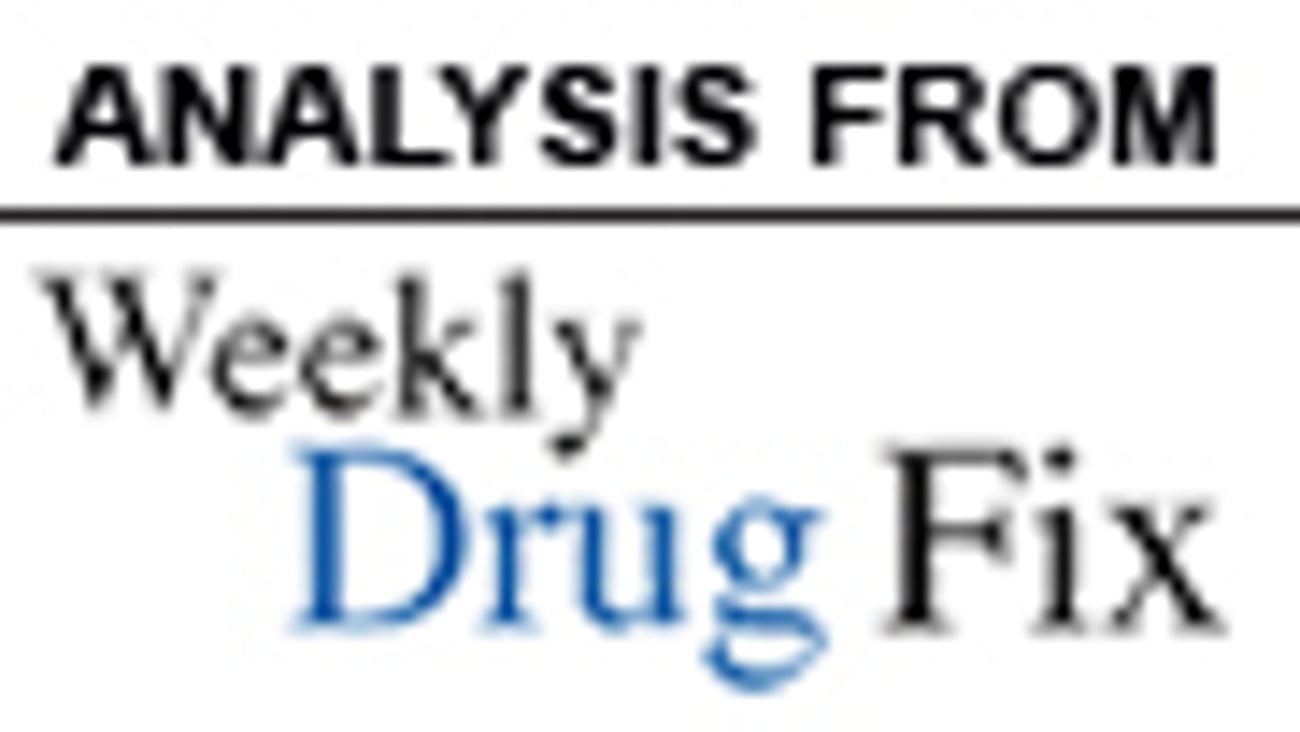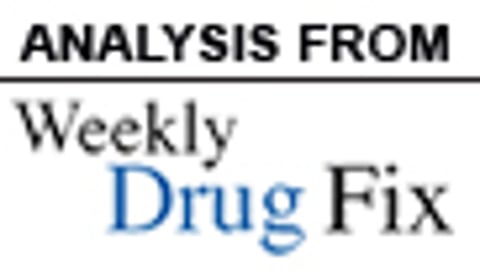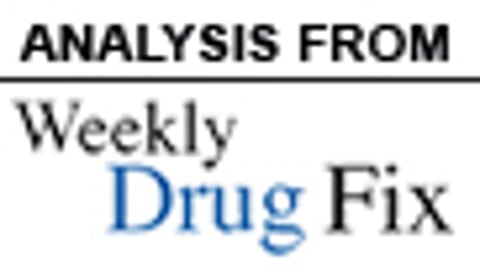-
Study: Potassium levels may be insight to racial disparity among diabetics
NEW YORK — Researchers at Johns Hopkins University School of Medicine have discovered that potassium levels in the blood may explain a racial disparity among Type 2 diabetes patients.
According to a new study published in the American Journal of Clinical Nutrition, among 12,000 participants, more than 2,000 African-Americans in the study had lower average serum potassium levels than the more than 9,000 whites in the study. They also were twice as likely to develop Type 2 diabetes.
-
MTM can save lives; retailers, suppliers take notice
WHAT IT MEANS AND WHY IT'S IMPORTANT — Walgreens’ winning of an award for its MTM services came right before it joined the Care Continuum Alliance — a group of more than 200 stakeholders that provide such services as wellness and prevention programs and management of chronic conditions — of which CVS Caremark already was a member.
(THE NEWS: Walgreens takes top honors for MTM services. For the full story, click here)



